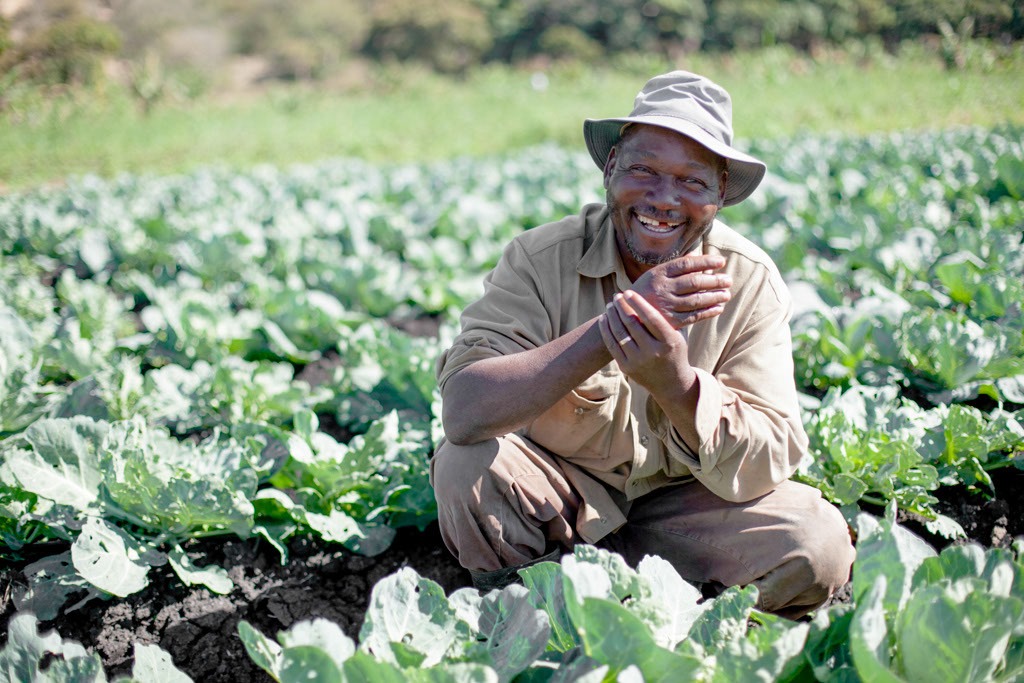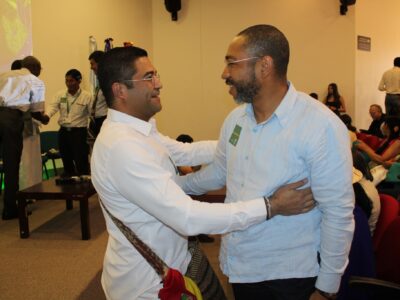
We sincerely applaud bipartisan congressional leaders for the recent enactment of the Global Food Security Act (GFSA). At the height of particular partisan rancor, this broadly supported bipartisan legislation passed with overwhelming support in the United States House of Representatives and Senate this month. We thank the bipartisan lead sponsors: Senators Robert P. Casey, Jr. (D-PA) and Johnny Isakson (R-GA); Congressman Chris Smith (R-NJ); Congresswoman Betty McCollum (D-MN); Senator Bob Corker (R-TN), who is chairman of the respective committees of jurisdiction; and Congressman Ed Royce (R-CA) as well as the nearly 150 House and Senate cosponsors for their continued leadership in food security as an enduring priority in U.S. international development work. Senators Richard G. Lugar (R-IN) and Casey (D-PA) laid the foundation for this important legislation a decade ago.
Food security’s place at the global development table is now cemented with this five-year reauthorization. The law supports the federal government’s leadership already underway to implement a comprehensive strategy for U.S. foreign assistance to reduce global poverty and hunger. Originally enacted in 2016, the GFSA may now continue to sustain adequate investment, attention, and coordination around global agricultural development, food security, and poverty alleviation.
The GFSA will help future administrations maintain a mechanism to bring together the resources, programs, and policy expertise of multiple agencies of the federal government and important nongovernmental participants to address food security in developing countries. It brings together a multifaceted approach, including research, to ensure the thriving of the right seeds in challenging environments, support for the creation of new market value chains, and better opportunities for smallholder income.
Further, with the law’s five-year reauthorization, we see great opportunity to better align U.S. policy in this space and strengthen programs with private sector and civil society investment. This alignment will bolster country-led efforts, strengthen local capacity, and make the critically important connection among agricultural development, nutrition, and health. We look with enthusiasm for long-term results in continuing the downward trend in child stunting that now affects more than 150 million children under the age of five and increasing economic growth by raising individual and family income.
Our vision is of a world where safe, affordable, and nutritious food is produced in every country in ways that are socially inclusive and environmentally responsible and that the global food system is more diverse, secure, and sustainable. Working together across the globe on this goal means fewer people go hungry. It also means producers of all sizes are able to sustain the health of their families, land, and animals, contribute to the economic growth of their communities, and benefit from high-quality education, health care, and career opportunities.
At a time of great division in American politics, it is heartening to see an example of how we can work together to address hunger and poverty, thus building a safer, more stable and prosperous world. Congratulations to all who worked to secure passage of this important law.
Comments






